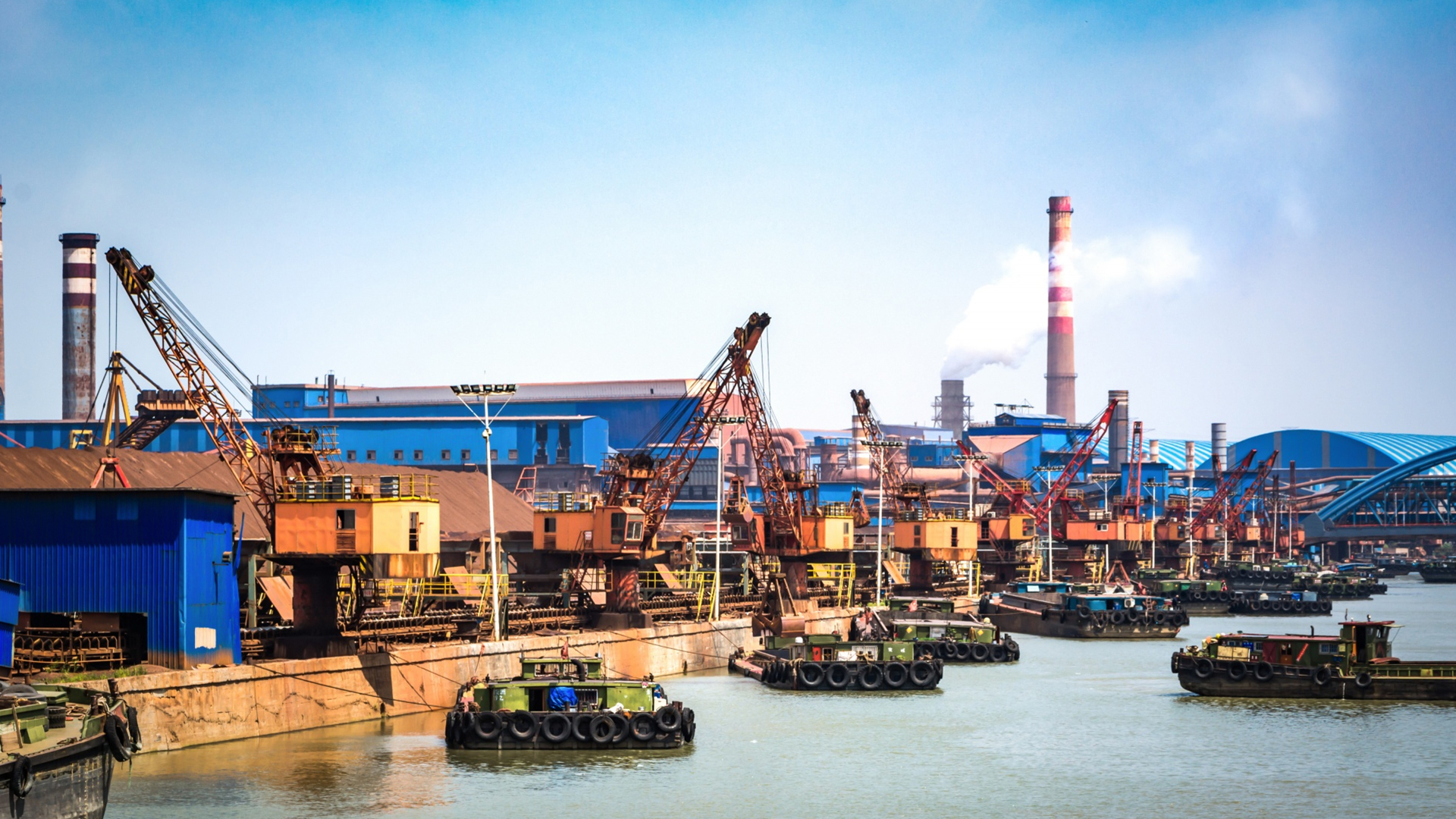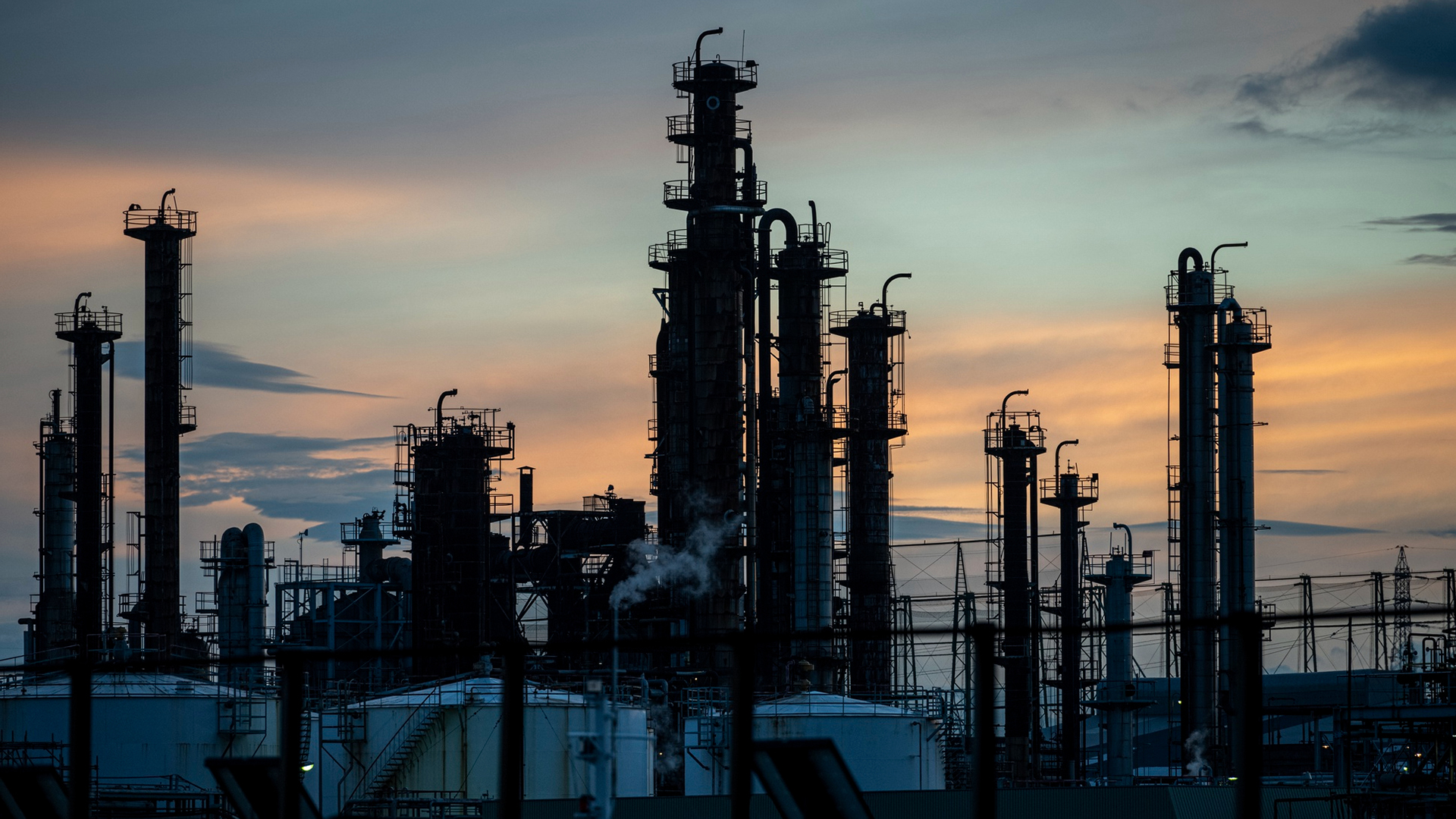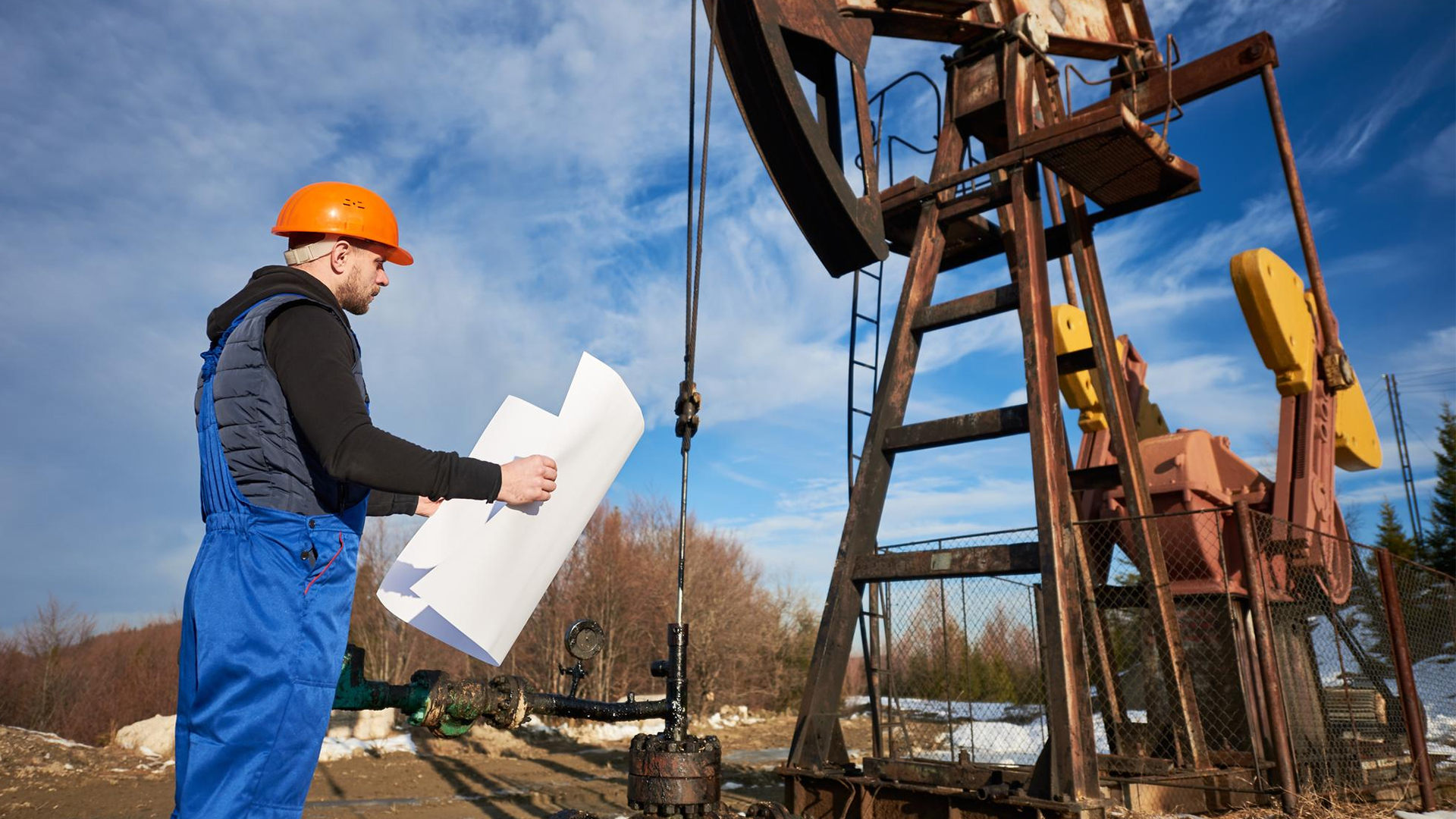
International Oil And Gas Supply Challenge
Course overview
How are gas and oil produced?
An international company, the oil and gas sector is dedicated to the exploration, production, transportation, and sale of natural gas and crude oil from wells to consumers. Oil and gas companies do this by using a wide range of equipment that needs a supply of petroleum-based goods. Pumped from the earth, natural gas and oil are then transferred through a network of pipelines to destination sites where they are treated before being used.
Is the transportation sector governed by any laws?
While crude oil is typically transported in mobile units known as tankers before being piped or transported by ship to its final location, natural gas is typically delivered through pipelines or liquefied natural gas (LNG) tankers. You will have a thorough understanding of and knowledge of Downstream Oil and Gas Digital Transformation from this Training Bee training course. Additionally, you will learn about the regulation of the transportation sector.
The knowledge and expertise that participants gain will help them advance in their careers. This course will examine the cases of many clients that have used digital oilfield solutions in an effort to identify trends and success factors specific to this industry. You will have a significant impact on innovation and business change within their organization by taking this course.
Introduction
The global oil and gas sector, which supplies the energy resources that drive the contemporary world, is a pillar of the global economy. This industry’s global reach across countries and regions presents a wide range of intricate opportunities and problems. The extensive training course “International Oil and Gas Supply, Transportation, Regulations, Logistics, and Storage” is intended to provide participants a thorough grasp of the complexities and dynamics of this vital industry. The whole gamut of operations involved in the worldwide supply chain for oil and gas, from production to distribution and storage, is covered in this course.
A thorough grasp of international laws, supply chain management, and logistics is necessary for the dynamic and diverse international oil and gas business. This course is your ticket to learning the information and abilities required to maneuver through this complex environment, make wise choices, and support the sustainability, safety, and effectiveness of global oil and gas operations. Upon completion of this course, participants will possess the necessary skills to effectively navigate the obstacles and capitalize on the opportunities posed by the global supply chain for oil and gas.
We are The Training Bee, a global training and education firm providing services in many countries. We are specialized in capacity building and talent development solutions for individuals and organizations, with our highly customized programs and training sessions.
Learning Objectives
Upon completing International Oil and Gas Supply, Transportation, Regulations, Logistics and Storage, participants will be able to:
- Know how to design an oilfield digital solution
- Consider future digitized business models in oil field operations from a strategic standpoint.
- Discover the benefits of downstream and value chain transformation to enable advanced analytics.
- Address the industry’s main problems, such as data overload, data silos’ friction, and a lack of automation.
- Through the use of digital technology, particularly cloud computing and machine learning, to gain a long-term competitive advantage in the sector,
- Recognize every link in the petroleum and natural gas industries’ value chain, from extraction and exploration to storage, distribution, and refining.
Our Unique Training Methodology
This interactive course comprises the following training methods:
- Journaling – This consists of setting a timer and letting your thoughts flow, unedited and unscripted recording events, ideas, and thoughts over a while, related to the topic.
- Social learning – Information and expertise exchanged amongst peers via computer-based technologies and interactive conversations including Blogging, instant messaging, and forums for debate in groups.
- Project-based learning
- Mind mapping and brainstorming – A session will be carried out between participants to uncover unique ideas, thoughts, and opinions having a quality discussion.
- Interactive sessions – The course will use informative lectures to introduce key concepts and theories related to the topic.
- Presentations – Participants will be presented with multimedia tools such as videos and graphics to enhance learning. These will be delivered engagingly and interactively.
Training Medium
This International Oil and Gas Supply, Transportation, Regulations, Logistics and Storage training is designed in a way that it can be delivered face-to-face and virtually.
Course Duration
This training is versatile in its delivery. The training can be delivered as a full-fledged 40-hour training program or a 15- hours crash course covering 5 hours of content each day over 3 days
Pre-course Assessment
Before you enroll in this course all we wanted to know is your exact mindset and your way of thinking.
For that, we have designed this questionnaire attached below.
- What position do you currently hold, if any, in the oil and gas sector?
- Kindly provide an overview of your background and expertise in the oil and gas industry, focusing on supply, logistics, transportation, regulations, and storage.
- What particular outcomes are you hoping to get from this training program?
- Are you aware with the international rules and guidelines that control the gas and oil sector, particularly as they pertain to trade and cross-border operations?
- Which aspects of the production, distribution, and exploration phases of the oil and gas supply chain are you most familiar with?
Course Modules
This International Oil and Gas Supply, Transportation, Regulations, Logistics and Storage covers the following topics for understanding the essentials of the Agile Workplace:
Module 1 – Features of the business of the downstream oil and gas section
- Refining of oil (light, medium, and heavy products)
- Trade and Supply
- Product Promotion
- Allocation.
- Purchase
Module 2 – An Overview of Downstream Oil and Gas Activities
- Refining crude oil
- Liquid natural gas fractionation
- Natural gas liquid transmission via pipeline
- Services for storing natural gas underground
- Midstream gathering and compression onshore
Module 3 – Obstacles in the Downstream Oil and Gas Industry
- Absence of digital integration
- Conventional framework and less cohesive platforms
- Decreased integration of worldwide resources
- The difference between predictive and reactive maintenance
- Processes not being real-time analyzed and problems with data migration
- The management’s unwillingness to embrace asset digitalization
Module 4 – Prospects | Digital Revolution in the Oil and Gas Sector
- Digital technology (from sophisticated simulation models to visualization systems)
- Digital asset life cycle management
- Improved analytical techniques and more intelligent workflow procedures
Module 5 – Potential Digital Application Areas for Downstream Oil and Gas
- Investigation
- Drilling
- Keeping up
- Safety and health
- Methods
Module 6 – Advantages of Digitalizing Procedures for Oil and Gas
- Accessing and exchanging data in real time
- Capacity to evaluate the existing situation
- Make decisions on optimization and forecast future trends.
- The ability to control automatically
Module 7 – Logistics for Gas and Oil
- Transport by sea
- Transportation via Pipelines for Oil and Gas
- Oil storage during transportation
- Transport to the refinery process
- Product distribution for petroleum
- Dispatch oversight
Module 8 – Rules Regarding Oil and Gas
- Oil and gas legislation
- Who owns a hydrocarbon
- Exploration and extraction rights
- Ecological concerns
- Knowledge of various contracts
- Agreements for joint ventures
Post-course Assessment
Participants need to complete an assessment post-course completion so our mentors will get to know their understanding of the course. A mentor will also have interrogative conversations with participants and provide valuable feedback.
- Which particular skills or knowledge did you acquire from this program that you think would be most useful for your job or career?
- Did the lectures, case studies, and activities in the course improve your comprehension of the global supply, transportation, logistics, and storage of oil and gas?
- To what extent did the teachers support the students’ learning process? Were they observant, interesting, and accommodating to your needs?
- Did you feel that the course covered any topics or regions that weren’t sufficiently handled? If yes, kindly elaborate.
- Did you learn anything new about international rules and regulations that are pertinent to the oil and gas sector and how they affect trade and cross-border operations?
Lessons Learned
Global Nature of the Industry: It is important for participants to realize that the oil and gas sector is a globally interconnected one. It involves intricate cross-border supply chains and necessitates a thorough comprehension of international laws and norms.
Regulatory Complexity: The complex regulatory framework controlling the oil and gas industry is a crucial lesson to learn. This covers laws pertaining to trade, the environment, and safety. It is imperative that participants understand the significance of compliance in global operations.
Risk management: The course should place a strong emphasis on the different risks—such as geopolitical, security, environmental, and economic risks—that come with conducting international oil and gas activities. It’s critical to comprehend risk management techniques.
Logistics and Transportation Challenges: By taking into account different means of transportation, infrastructure, and regulatory barriers, participants should acquire insight into the difficulties involved in transferring oil and gas products across international boundaries.
Supply Chain Optimization: Streamlining the supply chain is a crucial lesson. To cut expenses and lessen the impact on the environment, this involves being aware of how efficient storage and transportation systems are.
Environmental Responsibilities: The necessity of sustainable practices and environmental stewardship in the oil and gas industry, such as cutting waste, lowering emissions, and protecting natural resources, should be emphasized in the training.







